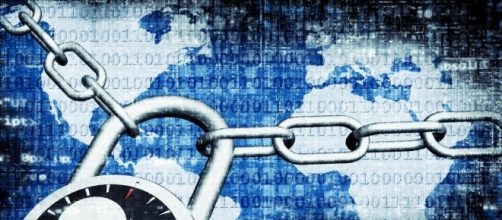The rapid development of technology has changed our world. The internet in particular has revolutionized the way we consume, process, and exchange information. We are able to solve complicated tasks after a few clicks of the mouse or taps on the smartphone display. For example, walking over to the library, picking out the right book, and extracting valuable information from it used to take hours -- today, thanks to search engines, that takes a few minutes at most. But, everything comes with a price. We are forced to sacrifice our freedom and privacy.
Virtual currencies
Our privacy is being constantly invaded by governments and corporations.
In fact, we are voluntarily giving it up. What was once unthinkable, today is widely accepted. Giving up your phone number, location, full name, date of birth, and similar personal details has been normalized. It is impossible to make an account on any large social network or a similar website without giving up privacy.
The things we type into search bars, people we communicate with on social media, accounts and websites we visit and follow -- all of that is being recorded and saved. Sophisticated algorithms use this information to profile their target demographic and then serve suitable advertisements.
Virtual assistants like Siri, Google Home, and Amazon Echo record and store everything that you say.
Windows' Cortana isn't any different. To be fair, most of us do agree to the "Terms of Agreement" (probably without even reading them), but aren't we forced to do that? Can you function in today's world without using smartphones and computers? Sure, there are people who find a way to bypass this, using proxies and browsing the deep web, but most of the population isn't nearly as tech-savvy.
Privacy and freedom have become virtual currencies of sorts. We have traded them for convenience. What are we trading for Safety?
Purchasing safety
It's no secret that most governments invade our privacy under the pretense of "discovering suspicious activity" or "fighting terrorism." The NSA's scandals are well-documented and publicly known, thanks to whistleblowers like Edward Snowden and agencies like WikiLeaks, but things seem to be taking a turn for the worse.
For example, The Daily Mail reported on a Belgian company offering chips to its employers. These chips are called radio frequency identifiers (RFID) and similar ones are being used for pets. Soon enough, we might trade our ID cards for RFID chips. Where will that take us?


